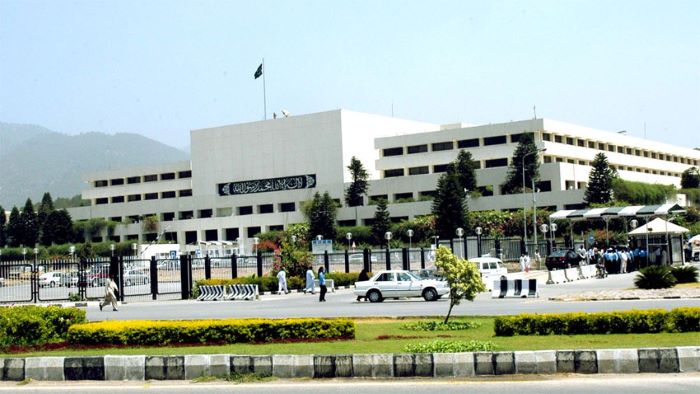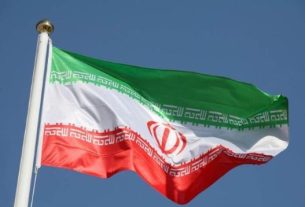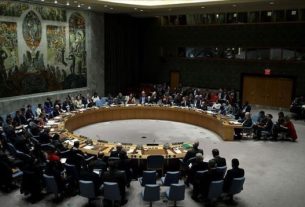ISLAMABAD – Pakistan’s proposed judicial reforms, branded as a “constitutional package,” have sparked a standoff between the ruling coalition and opposition parties. Despite the government’s push for consensus, major opposition factions and legal bodies have outrightly rejected the amendments.
Information Minister Attaullah Tarar announced that discussions are ongoing to create an independent constitutional court separate from the Supreme Court, following practices in other countries. He explained that the objective is to reduce the Supreme Court’s caseload and allow for swifter resolutions of constitutional matters. Law Minister Azam Nazeer Tarar has already shared a draft of the proposed amendments with political parties, emphasizing the need to avoid speculation over this crucial matter.
Addressing lawyers in Islamabad, Law Minister Tarar noted that a constitutional court was a demand of the Charter of Democracy, signed by former Prime Ministers Nawaz Sharif and Benazir Bhutto, and has been a long-standing call by legal bodies and allied political parties. PPP leader Farooq H. Naik supported this concept but recommended forming a committee of lawyers to ensure the reforms serve the national interest.
PPP Chairman Bilawal Bhutto Zardari stated that the constitutional package is still under negotiation and clarified that the current draft is not the final version. He emphasized the necessity of consensus, particularly the support of Maulana Fazlur Rehman, chief of Jamiat Ulema-e-Islam-Fazl (JUI-F), to move forward. Bilawal criticized past rulings that restrict parliamentarians’ voting freedom and reiterated the PPP’s commitment to judicial reforms as outlined in their manifesto and the Charter of Democracy. He also pointed out that the 18th Amendment passed without a majority yet involved widespread agreement.
However, the JUI-F leader Maulana Fazlur Rehman rejected the proposed draft, calling it unacceptable. He warned that agreeing to it would constitute a breach of the nation’s trust. PTI leader Asad Qaiser echoed this sentiment, condemning the government’s alleged concealment of the draft, which reportedly includes 56 amendments. PTI Chairman Barrister Gohar criticized the contradictory statements from coalition partners and affirmed their rejection of the current draft.
As the political impasse continues, the future of Pakistan’s judicial reform remains uncertain, hinging on the elusive goal of bipartisan consensus.





